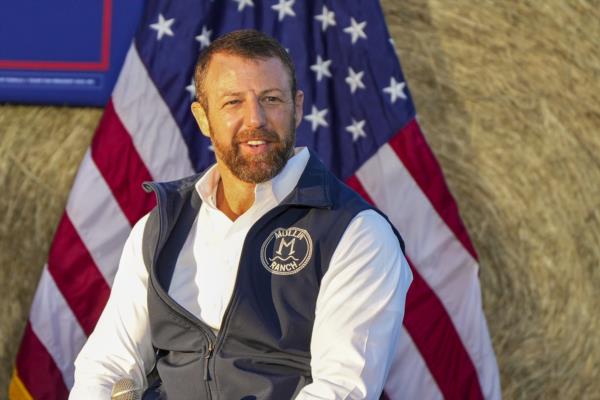
A recent debate within the committee's Republicans has highlighted a stark divide, with GOP Sen. Markwayne Mullin of Oklahoma criticizing colleagues who oppose Robert F. Kennedy Jr. to lead the Department of Health and Human Services. The main point of contention revolves around Kennedy's questioning of the safety and efficacy of vaccines.
During the discussion, Sen. Mullin emphasized the importance of questioning science, stating, 'If we didn’t question science, where would we be today?' However, other committee members have pointed out that much of the science being questioned by Kennedy has already undergone extensive study. For instance, claims linking autism to childhood vaccinations have been thoroughly debunked.
Despite the lack of scientific evidence supporting a link between autism and vaccines, Sen. Mullin continued to advocate for a broad examination of potential causes for the rise in autism cases. He also accused Democrats of opposing Kennedy solely because of his affiliation with President Donald Trump, suggesting a political bias in the decision-making process.



Responding to Sen. Mullin's remarks, Sen. Chris Murphy, a Democrat from Connecticut, clarified that the issue was not about questioning authority but rather about the validity of the claims being made. Murphy argued that Kennedy had already formed his opinions on the matter, rather than engaging in a genuine inquiry into the scientific evidence.
The debate underscores the ongoing tensions surrounding vaccine safety and the role of political affiliations in shaping public health policies. As discussions continue within the committee, the selection of the next leader for the Department of Health and Human Services remains a topic of significant debate and scrutiny.







